There goes Shriman Nepal Roy. Somehow he looks very unlike the Nepal Roy I knew. He has grown obese – appreciatively so. More noticeable is the lack of radiant energy that so marked his features when we knew each other. It is obvious that he cannot recognise me in my changed profile with snow white hair and a matching beard. And I am not too eager to refresh the old acquaintance.
In a slow tired gait Nepal Roy saunters over to Bula’s for a cup of tea. Bula’s tea shop is just outside the gates of the Rehabilitation Institute where I work as a senior officer. Hanging precariously over an overflowing drain, Bula’s is said to be as old as the Institute itself. Nepal appears to be a regular visitor to the Institute; he has a monthly payment system with Bula’s. Instead of the usual handmade biscuit along with his cup of tea, Nepal opts for the only delicacy available at Bula’s – the pavement variety of French toast – two slices of loaf wrapped in a thin layer of omlette. I sip my cup of tea – the only item I am courageous enough to take at Bula’s and my mind wonders to the days of my M.D. examination.
* * * * *
I had met Nepal Roy exactly six years ago. My M.D. oral and practical examinations were due. The practical part was done over selected patients, whom we were supposed to examine during the examination and answer questions. With only two examinees and four examiners and the whole day stretching ahead, this part of the examination was meant to be meticulous and tough. As a concession, almost like a ritual, we were allowed to examine the patients the evening before – apparently without the knowledge of the examiners. Nepal Roy was one of the patients. With two legs amputated below the knees and the left arm amputated below the elbow, he was supposed to be an interesting examination “case” and was one of the regulars called upon during examinations every year.
* * * * *
Nepal was sympathetic to the woes of us examinees. Being a regular he knew many of the examiners and the questions they tended to ask. He supplied us with some of the answers as well.
The next day during examinations, I was lucky to have Nepal as one of my “cases”. I was not too tense and comfortably answered most of the questions. And then one examiner asked, “with artificial limbs in both legs, what difficulty would he have in negotiating stairs? “
I had no idea. I racked my brains and remembered seeing Nepal running up the stairs with apparently no difficulty. He had said that he could jump up a speeding bus and could walk and run almost like others.
I was in a fix. And then a gesture from Nepal – a silent hint with with his fingers pointing up from his knees gave me the answer. With no movement in the ankles, he would have to lift the knees higher. A twinkle in the examiner’s eye told me that he had also seen the hint.
It was evening when the examinations were over. It had gone well for me and I was relieved and happy but very tired. I was in a hurry to go home, when I came across Nepal who was also returning. We greeted each other and decided to go to a restaurant for a cup of tea. I was eager to know more about Nepal Roy.
* * * * *
Nepal was buoyant, energetic and surprisingly optismistic of life and everything else, even with the kind of disabilities he had. With little persuasion he talked of life, his past and his future. He was aware of the facilities available to the disabled and was confident that he would get a job. He was attending a well known rehabilitation institute, he said, and had enrolled himself in various employment cells. His eyes lighted up when he talked of his dreams after getting a job..
More than his energy and his optimism, I was mesmerised by his lucid description of his past. I knew that he had lost three of his four limbs in a train accident. Now I listened to the whole story.
* * * * *
Nepal was born in a lower middle class family in a slum in the northern suburbs of Kolkata. He was a healthy child with the usual upbringing common to the neighborhood. The only thing that irked his parents was his cowardice. It was a sort of a joke when Nepal was small – he was afraid of every dark nook and corner. But when this phenomenon persisted as he grew older it became a nuisance. Nepal seemed to be afraid of every silly thing around – of ghosts, of strangers and local dadas. One day in school he soiled his trousers when a teacher scolded him severely. Such a thing was unusual among boys in his locality; they were supposed to be tough; and the amusing tale spread. Nepal grew up as bhitu (coward) Nepal and apparently he accepted it in his psyche. Nevertheless he had a group of friends who accepted him as their own. But he was often the receiving end of funny jokes and rebukes.
As in many suburbs, their evening get together was in the railway platform. And one day when a small child fell down from the mother’s lap on the railway tracks, with the speeding “through” train rushing up, everybody was dumb struck. When the mother shrieked and nobody dared to move Nepal jumped. He was terror stricken he said, but thought that he would save the child and himself if he was quick enough. He was not. The child was saved but Nepal lost three of his limbs.
The painful days came to an end, when he had mastered the use of his artificial limbs. A special operation in his left forearm enabled him to use it for a few crude functions. Slowly he became acquainted with the world of disability. With his agility and physical performance he was an example of what a person with disability could achieve and was a must in disabled sports and functions and of course in examinations.
With the assurance of different government departments and knowledge of Persons with Disabilities Act, Nepal was sure he would get a lucrative job in near future. Rather ignorant I reinforced his dreams nevertheless.
* * * * *
Six years have passed by. I am a senior executive in the same rehabilitation institute that Nepal talked about.. It is obvious that he has not got the job that he dreamed of. He is a “regular” like many others, who come hoping against hope. I see no hope as Nepal seems already past the age of recruitment..
As a senior executive I cannot refresh the acquaintance. He would clutch at me as a straw of hope. Or would he?

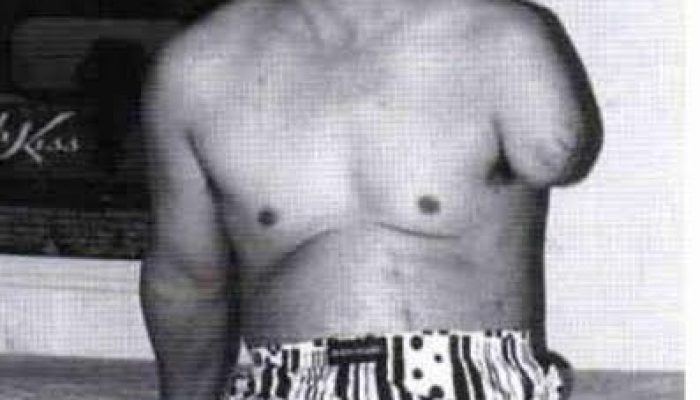
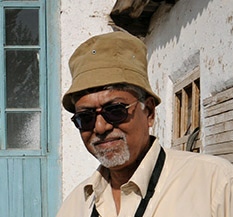
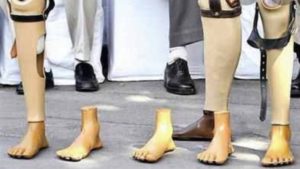

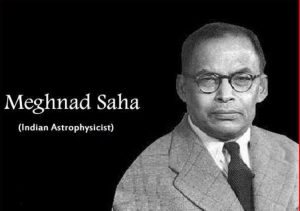
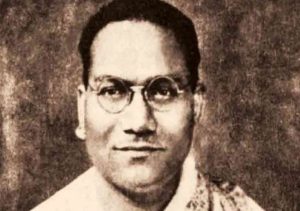

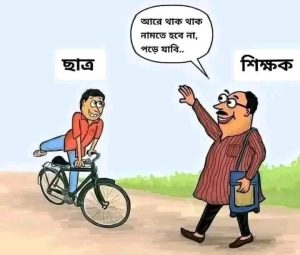





A story of a person struggling for subsistence with his humanly nature told by a doctor adopting no exaggerated emotional stress is the most remarkable aspect here to me. Doctor very simply expressing the acceptance of the hint prior to his MD Exam will impress the reader I believe about the author ‘s ability. Beautiful, praying for more story telling. Remember earlier author’ s stories like “nail polish”
Very lucidly written. Can’t imagine a doctor taking time out from his busy schedule for writing such heart -tagging stories. Really touched!